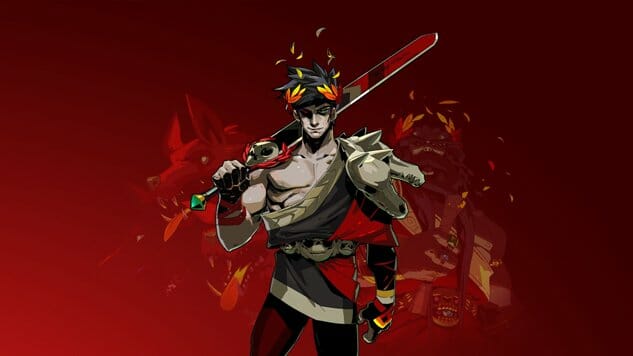Supergiant Dips into the Roguelike with Hades

Supergiant isn’t exactly known for “live games.” Their previous titles (the superb Bastion, Transistor and Pyre) all felt like a love letter to a type of game that most larger studios don’t put out anymore: Bespoke, singleplayer experiences without a huge focus on variability for replay value. They were games built to be finished, thought about, discussed, and perhaps picked up in a year or two if you’re feeling the itch.
In contrast, Hades is a procedural roguelike about escaping the Greek underworld. And while I fully expected to leave it with a bad taste in my mouth, I have gotta say… I think it might actually kick ass.
To be fair, Supergiant’s pedigree and my documented love of their work was pushing me along, but I still expected the early access, live-game-until-it’s-finished mentality of Hades to end up frustrating me. How would the expressive characters, the detailed conversations, the moments of familiarity that I found so enticing in previous Supergiant games, fit into a roguelike?
Well, turns out, in between runs. It’s not a completely unique idea—plenty of roguelikes have some sort of meta-progression between each dive into the [insert dangerous zone name here]—but Hades manages to do a lot with a little, and it’s a testament to Supergiant’s aesthetic and writing sensibilities that it succeeds as it does.
You play as Zagreus, hotshot know-it-all son of Hades, who has decided he’s done with the Underworld and wants to head up to Olympus, where he knows his distant family (the other gods of the Greek pantheon) will be waiting. It’s a grim setting that’s made considerably warmer by the fact that, as a denizen of the Underworld and also a demigod by way of Hades, no death is permanent.
Even Hades knows this, which makes the interactions between Zagreus and Hades take on a darkly comedic tone: Zagreus, the godly equivalent of a rowdy teen, returning from his latest escape attempt to find Hades displeased, but unable to stop the boy. Hades, confident, fatherly, but nonetheless overbearing and passively cruel, is sure in his position that Zagreus can never escape the underworld. Their conversations are bitter and tight, each frustrated with the other but their own feelings leaving them unable to let that frustration boil over into hate.


